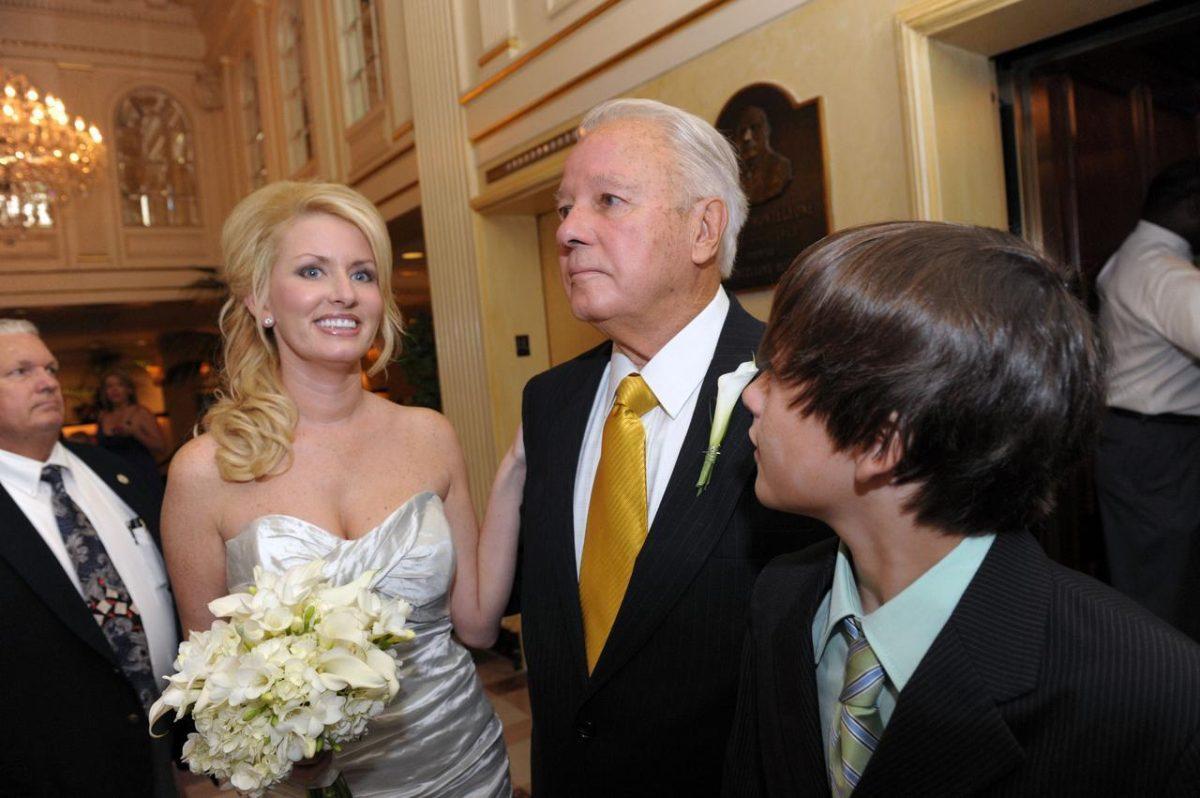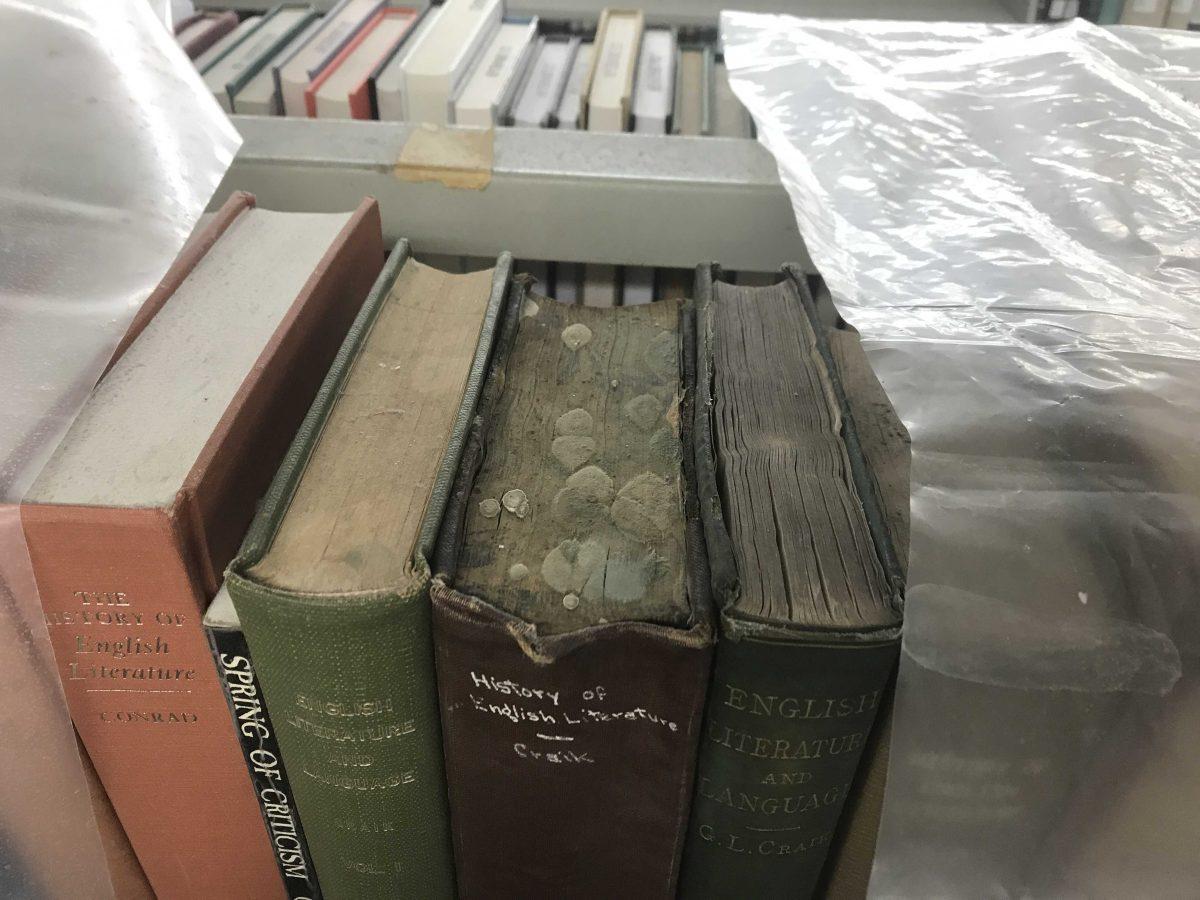Immediately after taking office in 2008, Gov. Bobby Jindal set to overhaul Louisiana’s ethics laws, which is quite the daunting task for our notoriously corrupt state.
Indeed, Louisiana has had a long history of corrupt state officials who commanded national attention for their misdeeds.
The most prominent examples begin with the illustrious Gov. Huey Long who ruled — and profited handsomely from his elected position — during the midst of the Great Depression and extends all the way to four-term Gov. Edwin Edwards who was recently released from prison after serving ten years for racketeering, conspiracy and extortion charges.
Three-term Louisiana Gov. Earl Long, who was the younger brother of Huey, once said that his constituents “don’t want good government, they want good entertainment.”
One could say corruption is ingrained in Louisiana culture.
Thankfully, though, Jindal came in riding shirtless to the rescue. So, how’d he do?
Well, according to a Justice Department report released last week, Louisiana has emerged as America’s most corrupt state with the highest rate of convictions per capita for people in public office.
According to the report, there are many different crimes that fall under the umbrella of public corruption, including both corruption related to campaign financing, as well as fraud and conspiracy relating to the electoral process at the local, state and federal level.
To put it in more concrete terms, between 2002 and 2011, Louisiana convicted 403 government officials of crimes “involving abuses of the public trust,” according to the DOJ report. This comes out to 8.76 convictions per 100,000 people.
Sounds kind of like the same ole’, same ole’, doesn’t it? So what exactly did Jindal pass and why has it been obviously ineffective?
The ethics reform bill Jindal passed early in his first term essentially tried to foster a more transparent environment among lobbyists, state legislators and state agencies in Louisiana.
The new requirements forced all state legislators, as well as most other elected and appointed officials around the state, to disclose all sources of income, real estate holdings and debts larger than $10,000.
Additionally, legislators and other executive branch officials are no longer able to get contracts for state-financed or disaster-related work. Lobbyists were also required to disclose all of their sources of income, and are now limited to spending no more than $50 per elected official on meals.
Sounds pretty good.
And if you were to read the annual “integrity index” report released last month by the Better Government Association, you would probably be lead to believe Louisiana’s ethics laws were superb.
But looks can be deceiving.
While Louisiana did in fact rank 6th among states in the BGA’s integrity index — 41 places up from our 2002 ranking of 46th — it’s important to note their report solely took into account states’ freedom of information, open meeting, conflict of interest and whistleblower laws.
Put another way, the index ranks states only according to laws on the books and not their actual implementation.
What’s the point of having one of the nation’s best ethics laws, if the state ethics board and administrative judges — those empowered with implementing the reform — lack the teeth to actually do so?
As we can see from the DOJ report, merely talking a big game won’t affect change in our state’s corruption laws. There needs to be substance and actual repercussions inherent within ethics legislation.
Until then, the association of Louisiana and dirty politics will
remain the status quo.
Opinion: Louisiana remains the most corrupt state
By Jay Meyers
September 12, 2013
The Associated Press
Trina Grimes Scott and former Gov. Edwin Edwards met when she was his pen pal while he was in prison.








